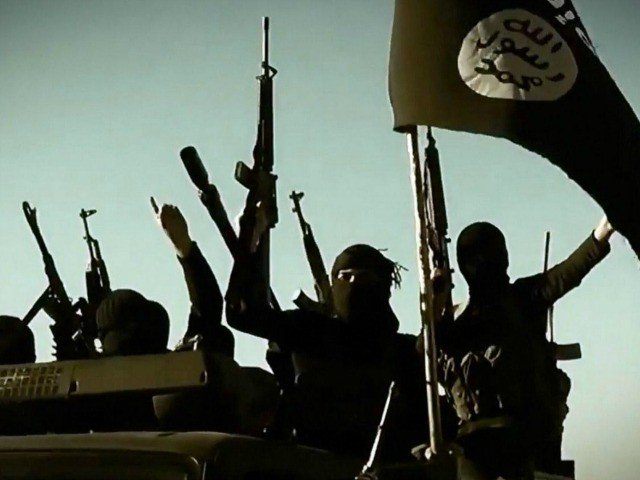Hassan, the head of a Kurdish family in Iraq, told AsiaNews he is “ashamed to be a Muslim” because the Daesh (ISIS) commits violence in the name of Islam.
One of Hassan’s sons, a member of the Kurdish Barzani Party, added, “We do not want to live with ISIS, we do not want to live with the Arabs: they have always had trouble,” referring also to Saddam Hussein after the first Gulf War, who, despite being an atheist, pretended to be Muslim to hold on to power, and promoted fundamentalist policies.
In 2006, a special Iraqi court charged Saddam Hussein with genocide for attempting to exterminate the Kurdish race through military operations in 1988, killing at least 50,000 civilians and destroying thousands of villages.
The Iraqi Kurdish Peshmerga, a force of about 150,000 men and women, have now pushed back ISIS, alleviating last summer’s crisis. The Peshmerga, assisted by Syrian Kurdish (YPG) and PKK fighters, are reportedly also on the verge of liberating the town of Sinjar. But another type of conflict is just beginning.
Rabban al-Qas, the bishop of Duhok, visited Hassan’s family to offer condolences for the death of an aged relative. The bishop has known the family since the 1970s, since as Muslim Kurds, they were persecuted by Saddam Hussein and driven from their home in Baghdad. When they arrived, Bishop Rabban welcomed them and helped them settle in the village where they still live. Their gratitude to the bishop is great, and they treat him like a member of their family. The younger children call him “my uncle bishop.”
This past summer, Bishop al-Qas spearheaded a program welcoming to his diocese tens of thousands of refugees from Mosul, Qaraqosh, and Ankawa. “We are not afraid,” the bishop said, “and we try to do our best to give comfort not only to Christians but also to Arabs fleeing from Tikrit, and Yazidis, without religious distinction.”
“I also told my priests,” al-Qas said, “to look beyond confessional differences and never ask for anything in return for their efforts. It must be a freely given help, according to the teachings of the Gospel.”
For many of the Muslim Kurds, Christians are considered friends, while Arab Muslims are the enemy, foreigners that bring trouble and persecution.
“Our Islam is not violent, it is a friend of Christians,” said Hassan’s son. “Look how we love the bishop and his community. Among the people who came today to offer condolences, at least half are Christians.”
But Islamic fundamentalist pressures are shaking their coexistence. “With us there were no veiled women,” says another man present. “Now you see them here and there, paid by Saudi Arabia to wear the veil. Fundamentalism is the child of poverty.”
Bishop Rabban explained that Kurdish Islam was always moderate and lived in peace with Christians, Yazidis, and Zoroastrians. But with the slow rise of fundamentalism, things are changing.
Al-Qas has accused Saudi Arabia of financing the jihadists of the Islamic State. “You are the cause of the evil,” he said. “You have created killing fanatics in the name of your Islam. No one should do these things.”
The bishop pulls no punches in talking about the Islamic State. These jihadists “are not really men, they have lost their sense of humanity,” he said. “They are more dangerous than cancer.”
AsiaNews reported on a Christian boy who always played with a Muslim friend of his own age. One day, the Muslim said to the other, “I’m not going to play with you anymore. My uncle told me that I should not play with the Christians.”
Follow Thomas D. Williams on Twitter @tdwilliamsrome.

COMMENTS
Please let us know if you're having issues with commenting.